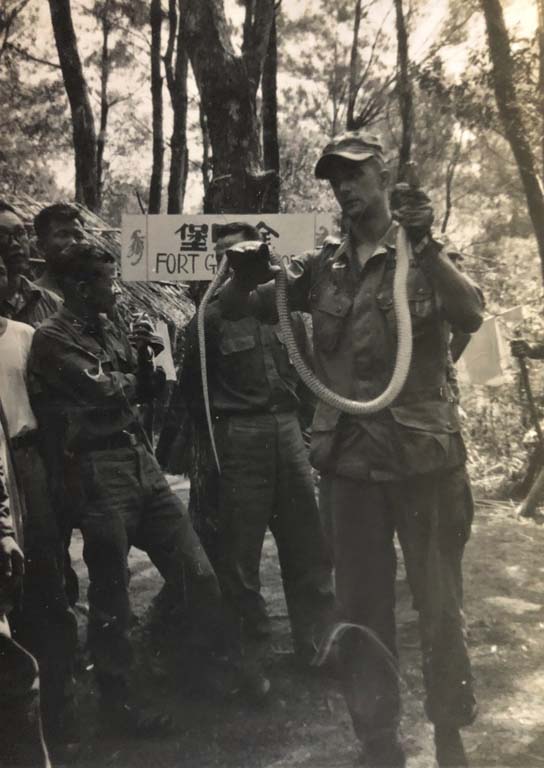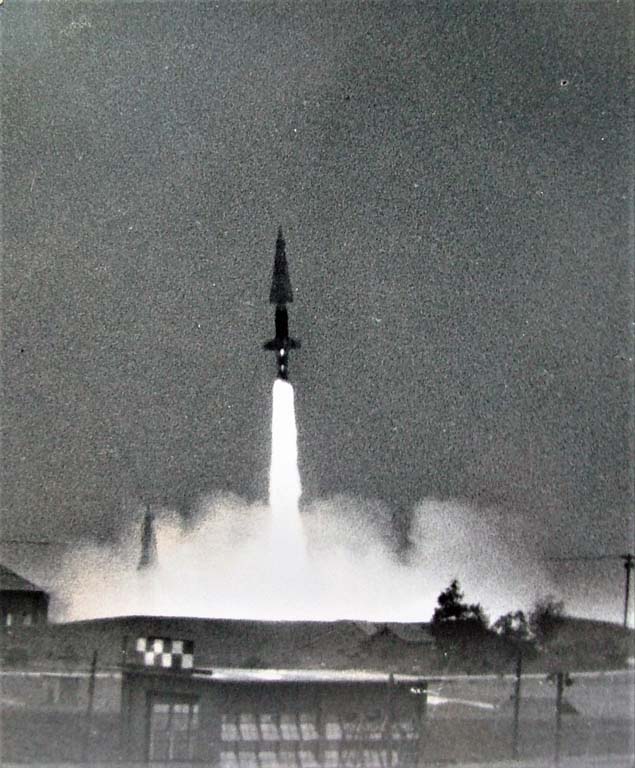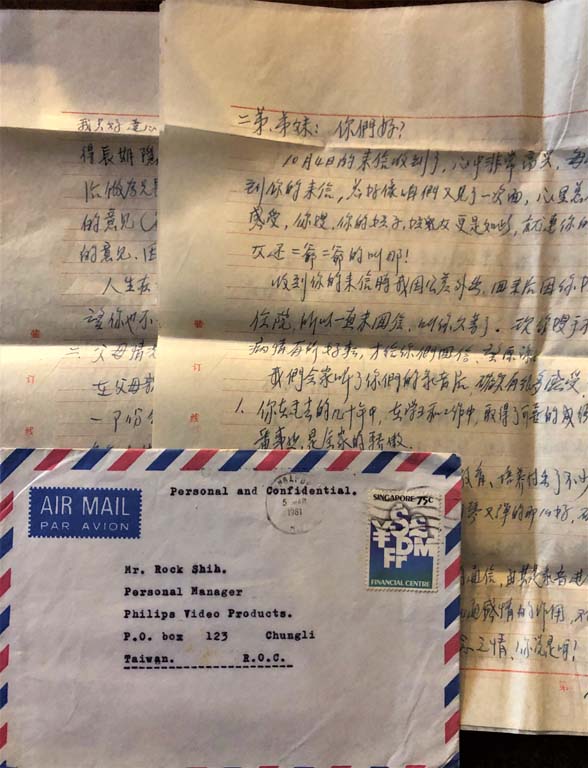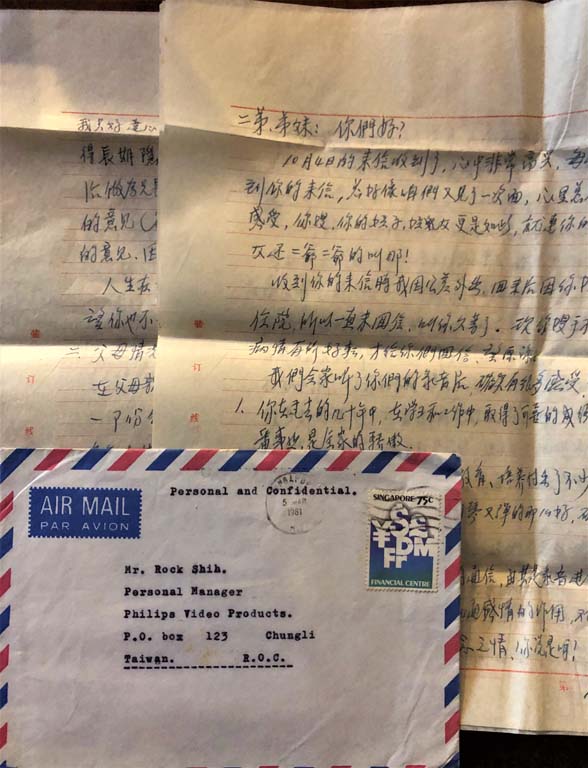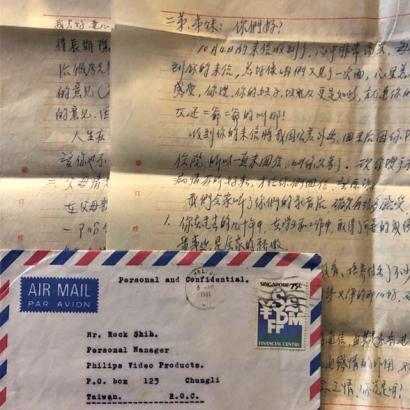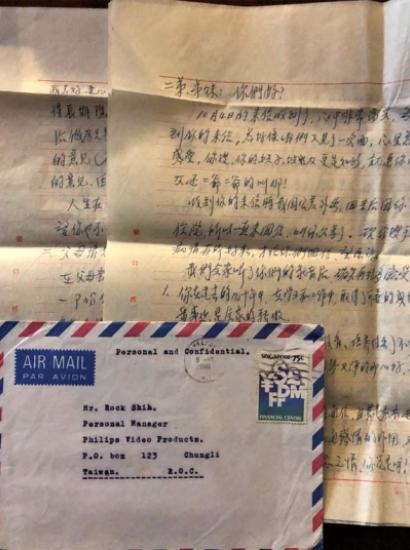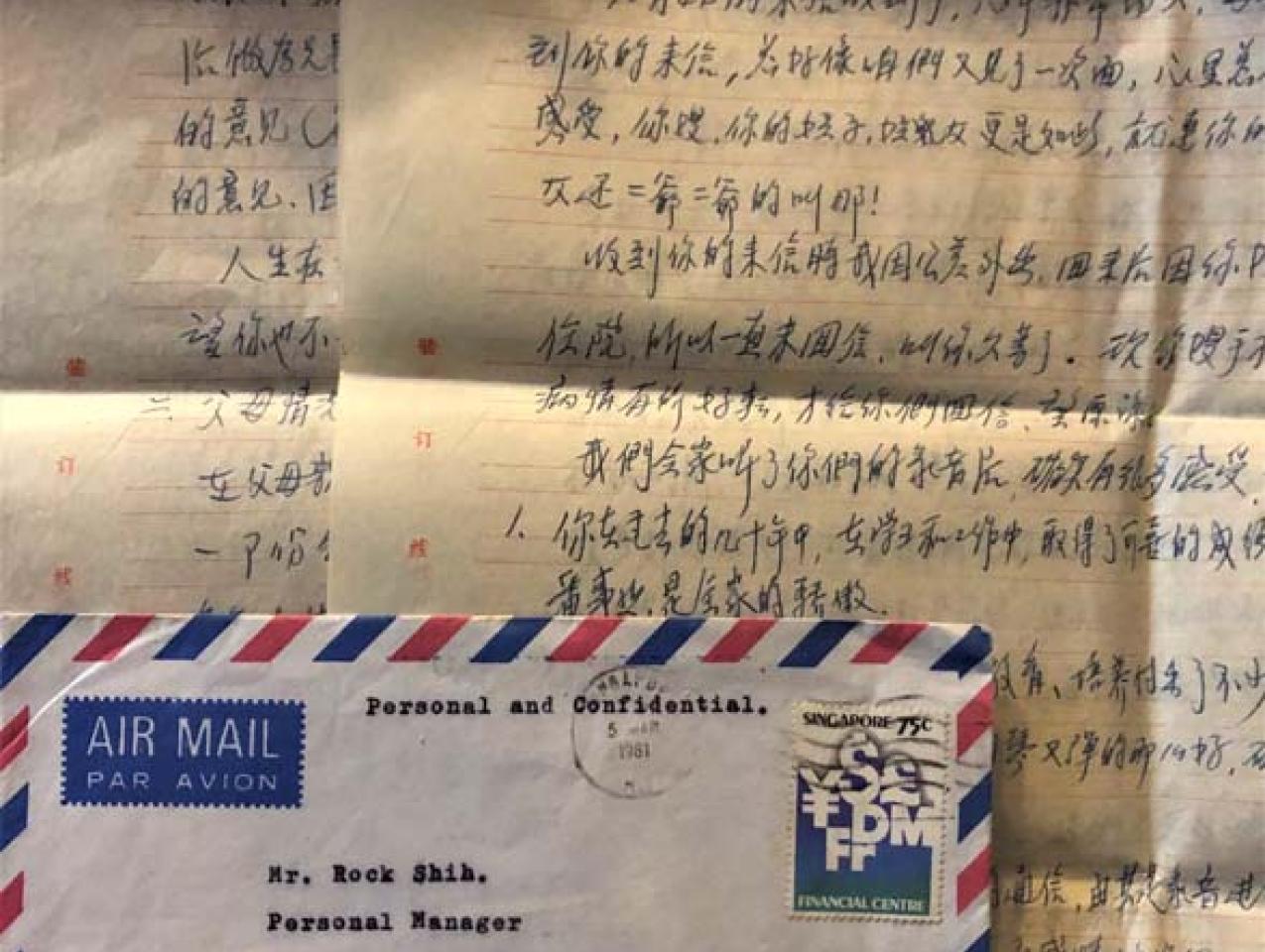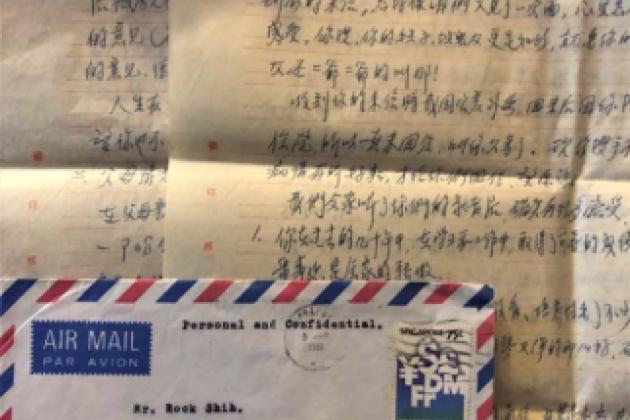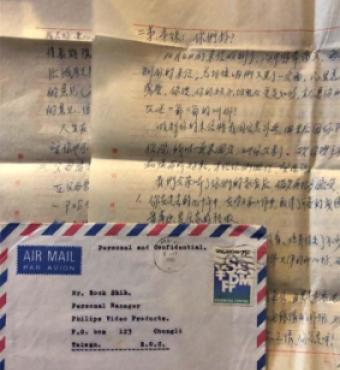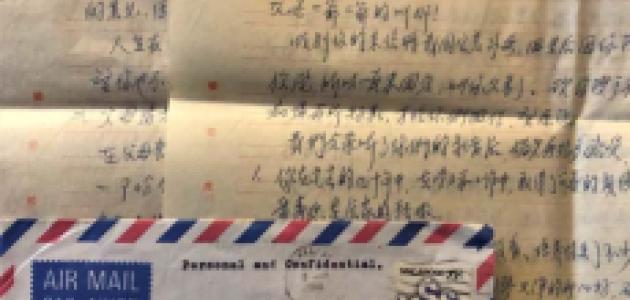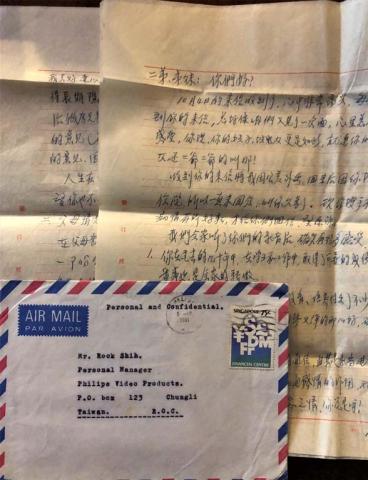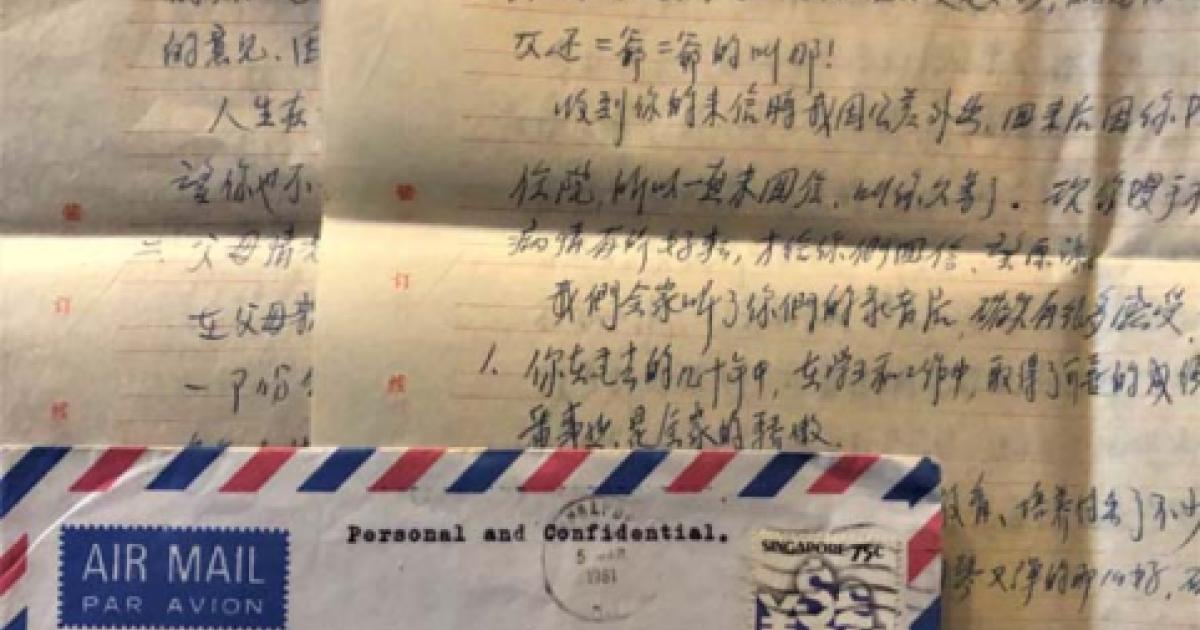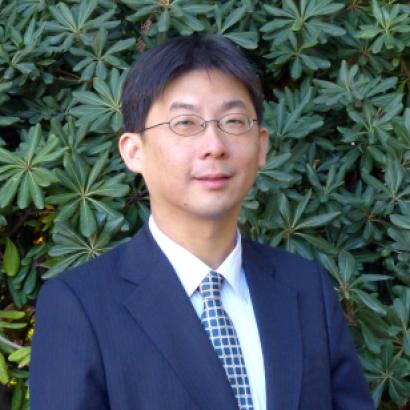After his defeat to Communist forces in 1949, Chiang Kai-shek, president of the Republic of China and leader of the Nationalist party, fled to Taiwan, where he established a last territorial base against his sworn Communist enemy. After the outbreak of the Korean War, the Truman administration chose to realign itself with Chiang, whom it once rejected. A mutual defense pact was signed between Washington and Taipei in 1954, and Taiwan became one of America’s staunchest anticommunist allies in East Asia. At the height of the Cold War, the relationship between Taiwan and the Communist mainland was characterized by tensions, instability, and limited contact. Military conflicts continued, while diplomatically, Taipei and Beijing competed to be the legitimate government of China. On the other hand, confrontations across the Taiwan Strait could not eradicate a sense of nostalgia among those two million mainlanders who had fled to Taiwan with Chiang Kai-shek. When they realized that the hope for a recovery of the homeland was fading and that they might never see home again in their lifetimes, a profound sense of loss and depression emerged. It was not until 1987 when the Taiwanese government lifted the ban on China visits for those with relatives there. That decision also laid the groundwork for subsequent cross-Strait interactions in the 1990s and beyond.
The personal collection of Rock J. Shih, which the Hoover Institution Library & Archives recently acquired, contains rich archival materials that present a complex historical scenario involving the United States, Taiwan, and China. Born in 1931 in Beijing, Shih joined Chiang Kai-shek’s army at the age of seventeen and fought multiple campaigns during the civil war. Following 1949, he started from the rank and file as a private first class and was promoted in 1957 to signal intelligence officer in the Army Signal Corps. With Shih’s profound study of English in the army, in 1964 he was selected and assigned as a lieutenant interpreter in the Special Forces Advisory Team of the US Military Advisory and Assistance Group, a position that required his engagement in crucial military programs shared by the United States and Taiwan. Shih changed his career track to serve in foreign companies after he retired from the military in the 1970s, when attempts to gain access to the Chinese mainland from Taiwan was unthinkable. Working for the Dutch company Philips, based in Singapore, Shih tried using its channels to resume contact—long lost—with his family. With the assistance of his Philips Taiwan expatriates in Singapore and the Netherlands, this strategy eventually worked, allowing him to become one of the very few former mainlanders on Taiwan to reconnect with their families in China, at a moment when cross-Strait contact remained a political taboo.
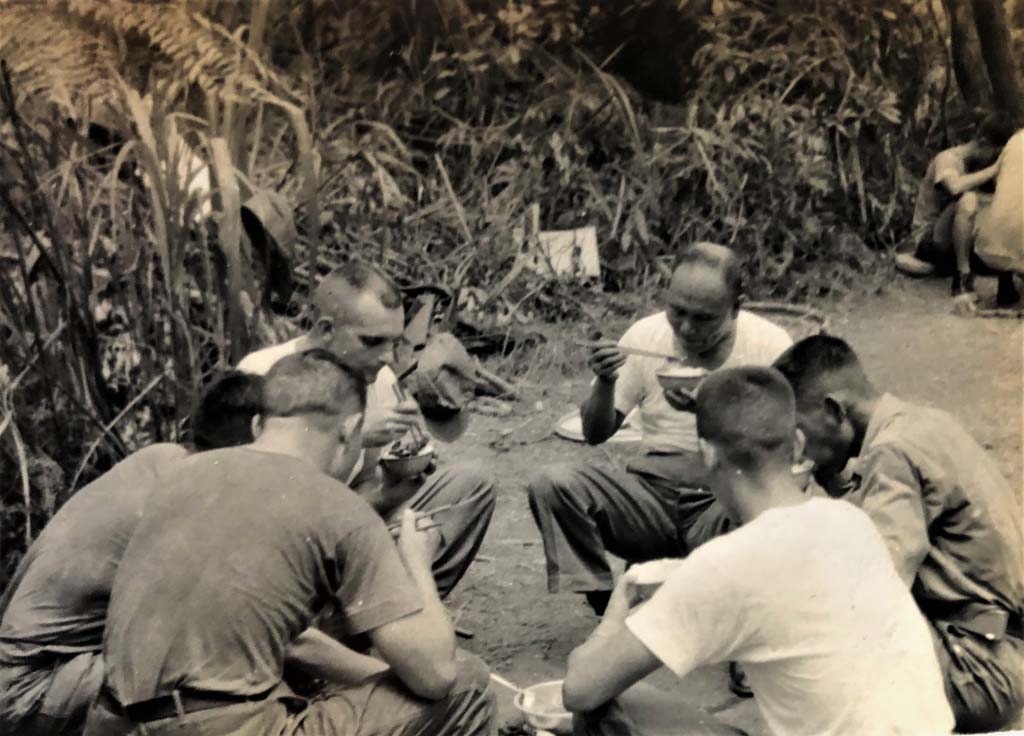 Among the materials of the Rock J. Shih Collection are hundreds of rare photo images related to the US–Taiwan military cooperation in the 1950s and the 1960s, and more than two hundred items of Shih family correspondence conducted via his detoured private channels of ex-Philips expatriates. A core military officer of the anticommunist alliance between Taiwan and the United States turned pioneer who successfully explored ways to reconnect with China, Rock J. Shih, along with his personal materials, serves as an epitome of a much larger historical torrent of geopolitics, ideological confrontation, blood ties, and personal emotions.
Among the materials of the Rock J. Shih Collection are hundreds of rare photo images related to the US–Taiwan military cooperation in the 1950s and the 1960s, and more than two hundred items of Shih family correspondence conducted via his detoured private channels of ex-Philips expatriates. A core military officer of the anticommunist alliance between Taiwan and the United States turned pioneer who successfully explored ways to reconnect with China, Rock J. Shih, along with his personal materials, serves as an epitome of a much larger historical torrent of geopolitics, ideological confrontation, blood ties, and personal emotions.
This collection is currently undergoing archival processing. Future access to this collection will be available in the Hoover Institution Library & Archives reading room. Please contact us for more information.
(All images are from the Rock J. Shih Collection. Photo above: American soldiers and their Taiwanese counterparts work and live together during a joint military exercise, ca. 1967)
